CTRL+K
CTRL+K
Morocco, a land of vibrant colors and ancient traditions, is home to a remarkable treasure – its renowned olive oil. With its diverse landscapes stretching from towering mountains to sun-drenched valleys, Morocco has been nurturing olive trees for centuries, producing a liquid gold that captures the essence of its rich cultural heritage. Moroccan olive oil is not just a culinary delight but a testament to the country’s unwavering commitment to preserving age-old practices while embracing modern techniques.
Olive farming has a long and interesting history in Morocco, dating back to ancient times when the Phoenicians and Romans first brought olive trees to this North African country. Over the centuries, olive groves have become an essential part of Morocco’s agricultural landscape, with acres of olive trees covering the slopes of famous mountain ranges like the Atlas Mountains and the Rif Mountains, as well as coastal regions.
Trees of the olive variety possess a noteworthy capacity for adjusting to diverse landscapes and weather conditions, rendering olives a crucial and reliable agricultural product for local cultivators and communities. This supports their economic stability and preserves long-standing farming traditions.
With the help of modern farming techniques and a rising global demand for high-quality Moroccan olive oil, the country’s olive industry has experienced significant growth and success. In the present day, this age-old tradition of olive cultivation continues to thrive in Morocco, skillfully blending its rich heritage with innovative agricultural methods.
Morocco is well-known for growing many different kinds of olives, and each type gives the olive oil it makes a special taste. The Picholine olive has a fruity flavor, the Menara is strong and bold, and the Dahbia is light and delicate. These are some of the main olives grown in Morocco. Where the olives are grown, like near the ocean, in the Atlas Mountains, or in the Rif Mountains, affects how they taste.
The olive harvesting time in Morocco is a lively occasion that starts in October and goes on until February. During this period, whole communities and families join hands to take part in this age-old tradition. Many regions follow the custom of picking olives by hand. This careful method ensures only the best quality fruits are selected. After being picked, the olives are taken to nearby olive mills. Here, they undergo a pressing process to extract the valuable olive oil.
Moroccan olive oil is a prized product known for its unique and delightful taste. The highest quality, called extra virgin olive oil, strikes a perfect harmony between fruity, bitter, and pungent flavors. This golden-green liquid often has a fresh scent that instantly transports you to the picturesque Moroccan countryside. With its vibrant aroma and well-balanced taste, Moroccan extra virgin olive oil is truly a culinary delight.
Olive oil is really important in Moroccan cooking, which is used to make dishes like couscous and tajines taste better and more authentic. People also drizzle olive oil over salads and use it for dipping bread. Moreover, The fruity and earthy flavors of the olive oil go really well with the spices and other ingredients used in Moroccan dishes.
Moroccan olive oil holds much significance beyond a mere cooking ingredient. It offers numerous health advantages and exemplifies cultural values; it contains antioxidants and healthy monounsaturated fats, promoting heart health and overall well-being. In Moroccan culture, olive oil symbolizes prosperity and hospitality. Many Moroccans utilize it for traditional medicine and beauty routines, believing in its nourishing properties for both internal and external benefits. Olive oil, cherished as part of Moroccan heritage, reflects a holistic approach to health, considering the whole person.
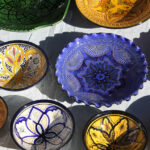


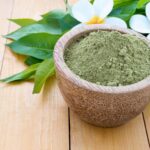



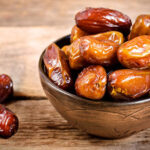

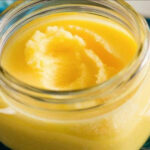

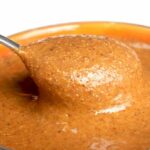

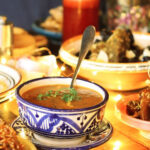
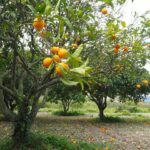
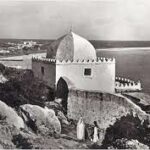

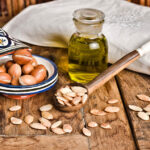
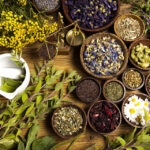





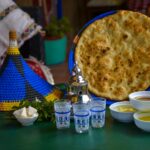


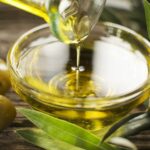

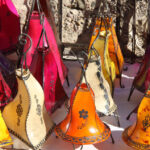



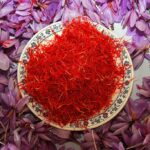


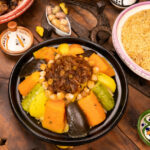
There are no results matching your search.
Reset